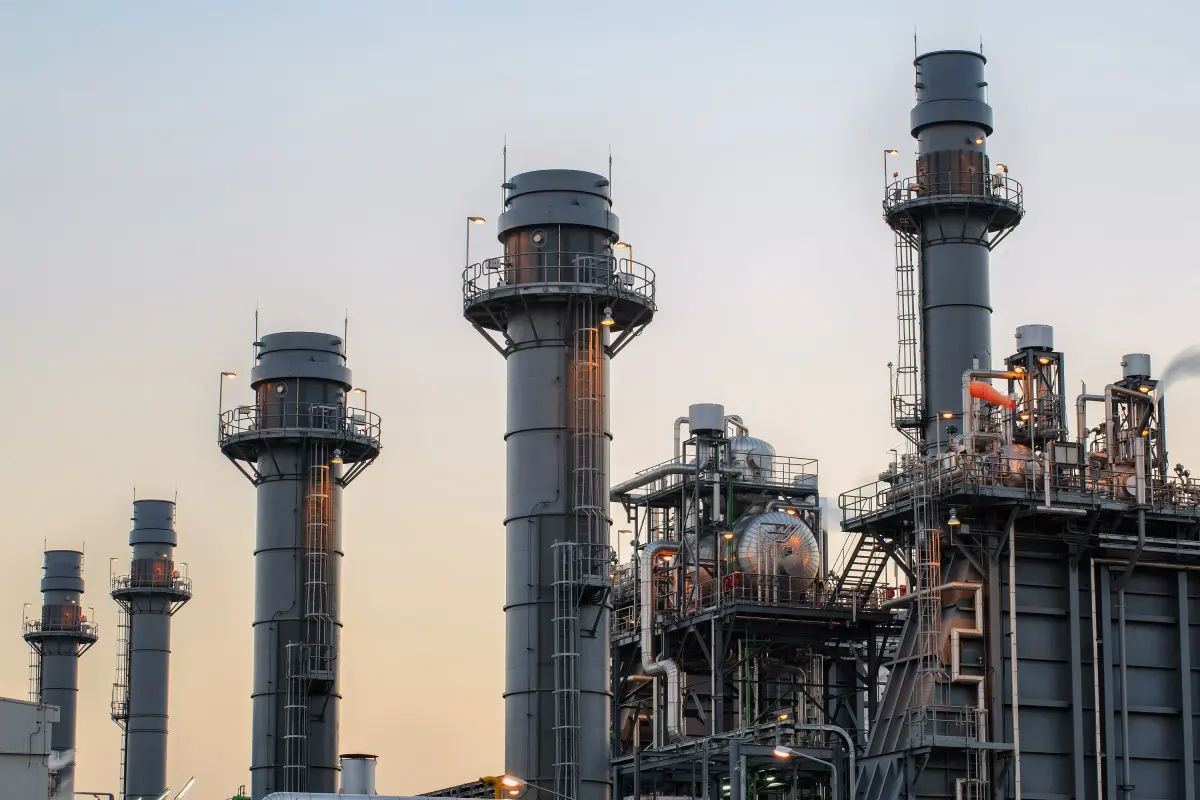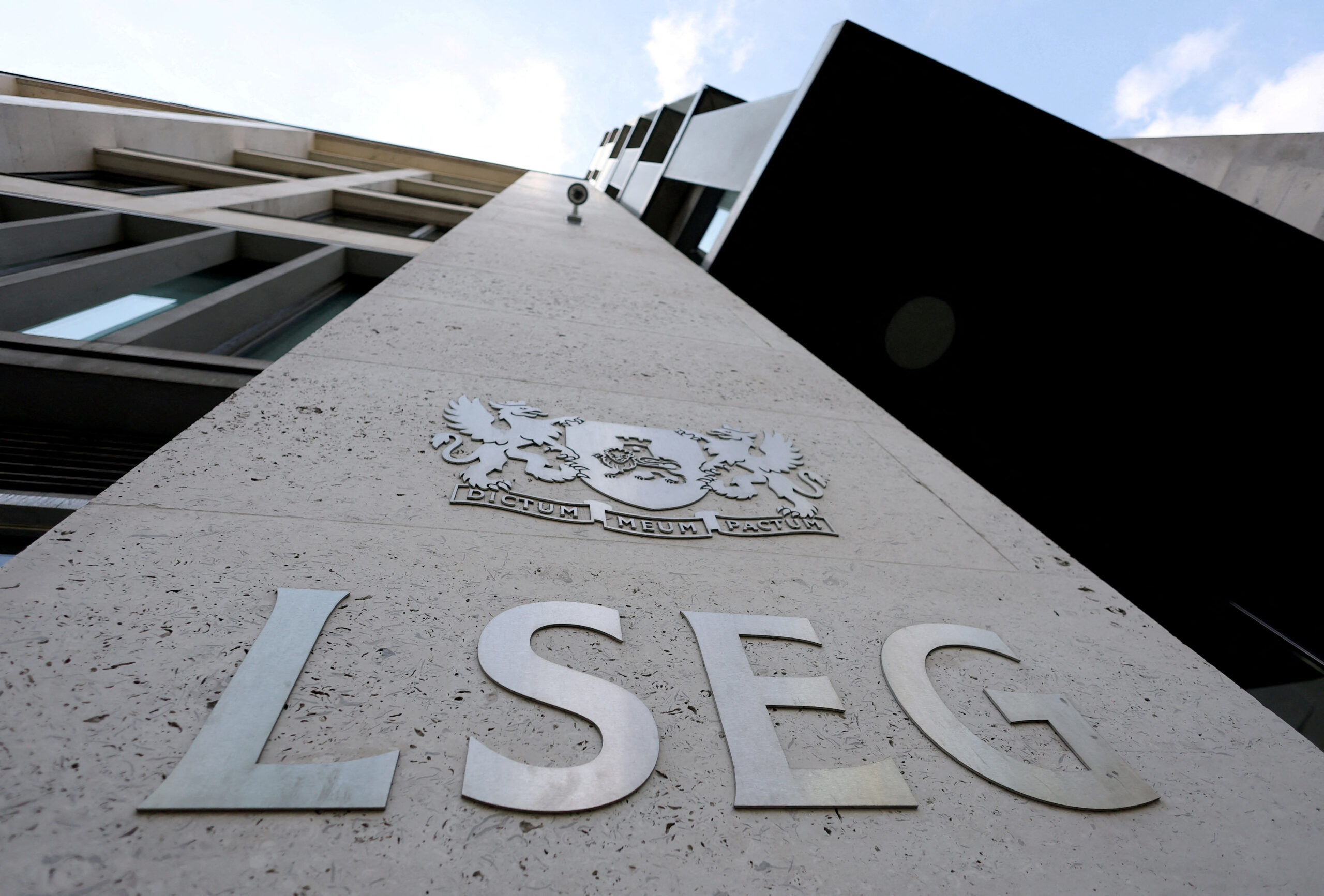Gas Power Plants Approved for Meta’s $10 Billion Data Center Amid Rising Concerns
Meta’s ambitious $10 billion data center project in Louisiana has cleared a major hurdle as state regulators approved Entergy’s plan to construct three large natural gas power plants dedicated to supplying electricity to the facility.
The plants, expected to be operational between 2028 and 2029, will generate up to 2.25 gigawatts of electricity at full capacity. As Meta expands operations, the data center’s demand could climb to 5 gigawatts—making it one of the largest power consumers in the region.
However, the approval has sparked controversy across Louisiana. An industry-aligned coalition, which includes major corporations such as Dow Chemical, Chevron, and ExxonMobil, has raised concerns over potential preferential treatment for Meta.
Their objection centers on a second phase of the project, which aims to deploy 1.5 gigawatts of solar power across the state. The coalition, having faced challenges in securing renewable energy for its own operations, argues that Meta may be given advantages not available to other companies.
Another contentious issue is the financial risk borne by local consumers. Meta’s agreement with Entergy spans 15 years, while natural gas plants typically operate for over 30 years.
At least one member of the Louisiana Public Service Commission has voiced concern that ratepayers could face the burden of costs once the contract expires. Past experience shows that power projects of this scale often exceed budgets, with consumers left to absorb overruns.
In addition, ratepayers are expected to finance a $550 million transmission line connecting the data center to the grid.
The environmental implications are equally significant. While Meta has aggressively pursued renewable energy—including a recent 100-megawatt purchase—critics argue that the reliance on natural gas generation jeopardizes the company’s 2030 net-zero emissions pledge.
According to experts, the project could lock in decades of carbon dioxide emissions, leaving Meta reliant on carbon removal credits to offset its environmental impact.
As Louisiana positions itself to host Meta’s largest data hub, the debate underscores the broader tension between economic development, energy security, and climate commitments.
Source: TechCrunch
news via inbox
Get the latest updates delivered straight to your inbox. Subscribe now!




